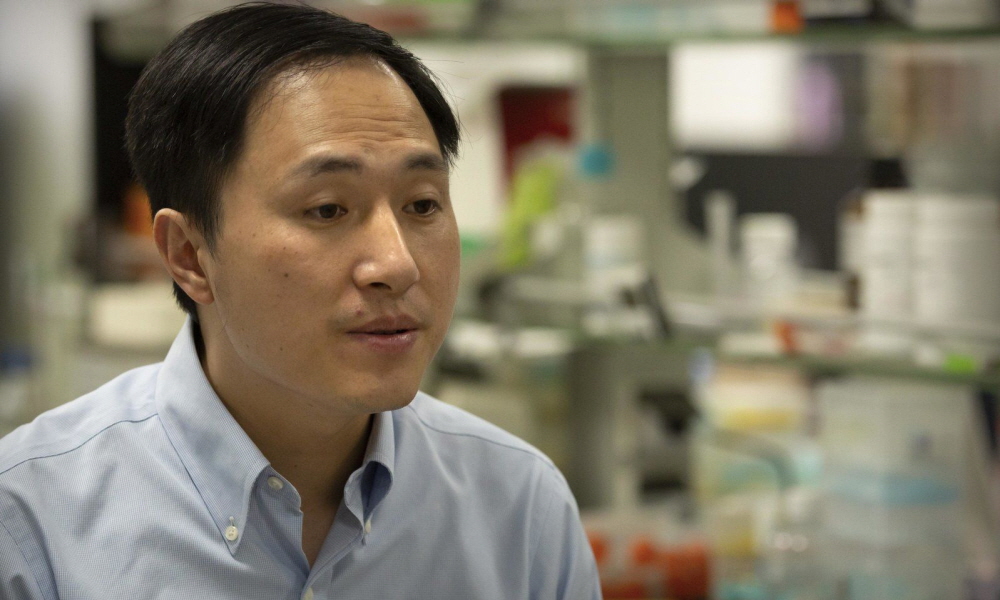
In November 2018, Professor He Jiankui of the Shenzhen Southern University of Science and Technology, a Chinese researcher who claimed to have created the world’s first human genetically edited baby, told Prof. He Jianqui in a closed trial in China. Three years in prison and two co-workers were sentenced to two years and one year and six months in prison.
According to Xinhua News Agency, Professor He Jianqui performed genetic editing for the purpose of fetal reproduction for the sake of fame and money, which is an illegal medical practice even in the Chinese Constitution. In addition, Prof. Jianqui and others were ordered to be fined 3 million yuan and to ban any reproductive medical practices.
Although the experiment itself has not been rigorously verified for safety and effectiveness by Professor Jianqui and others, who knew that human genetic engineering technology would be of financial benefit in the future, several couples infected with HIV edited the human embryonic CCR5 gene to increase resistance to the HIV virus. I had it. Genetically edited embryos were transplanted into two women, resulting in three genetically edited babies. In other words, in this trial, Chinese authorities admitted that they had a third genetically edited baby.
At the trial, it has also been revealed that Professor Jianqui and others faked data related to ethical review to persuade doctors and others, and deceived the AIDS vaccine test, not GMO. On the other hand, 10 co-authors were recorded in the papers published by Prof. Jianqui and others, but there is no information on what kind of punishment was applied to the remaining 7 people.
Immediately after the release by Professor Jianqui, who edited genes using CRISPR/Cas9 technology, experts have accused the practice of being unconscionable and unethical. The Guangdong Province authorities formed an investigation team to identify those involved in accordance with the relevant regulations, and included the person involved in the case in the blacklist of the human reproductive technology ethics regulations, prohibiting lifelong research on related technologies. In addition, it has notified the relevant agencies to strengthen supervision in the local science and technology sector and the health care sector. Related information can be found here .


















Add comment